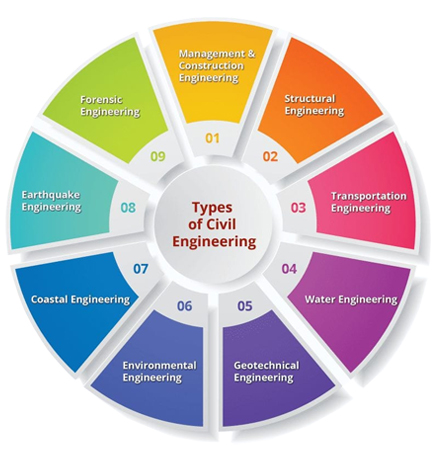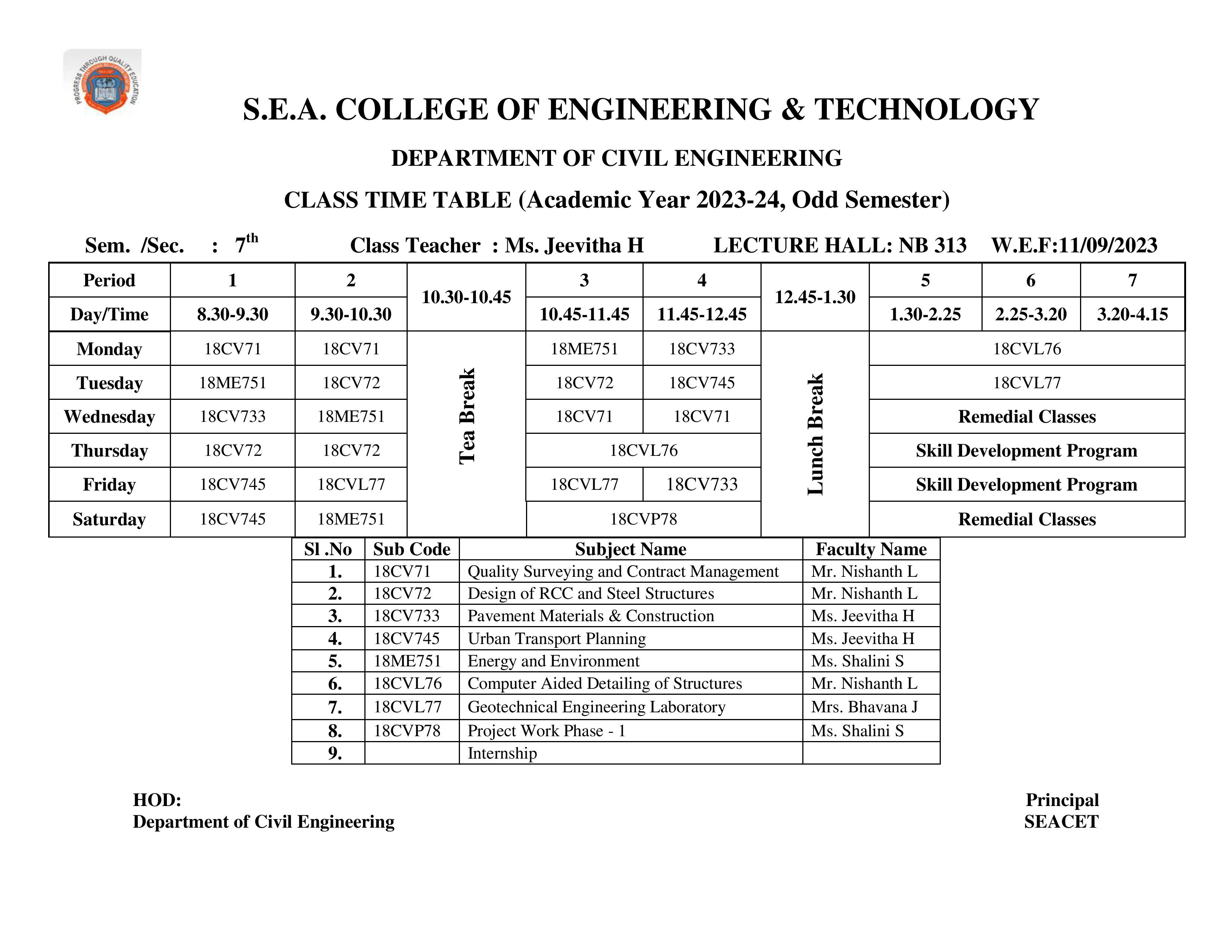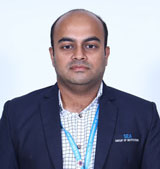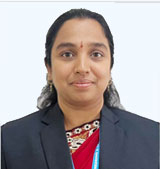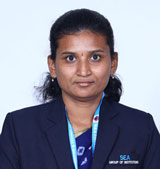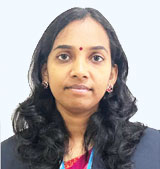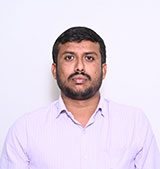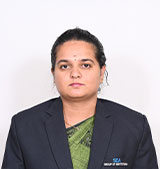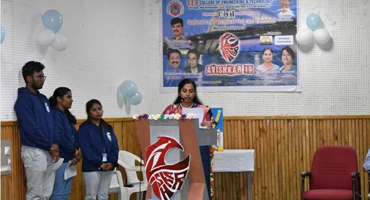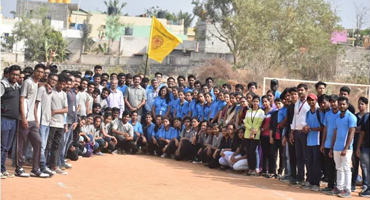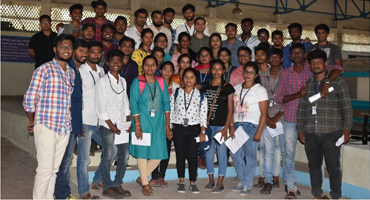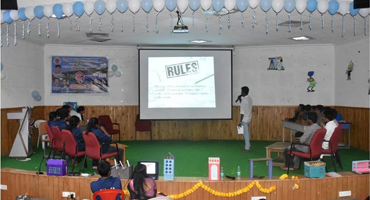BE - Civil Engineering
The Department of Civil Engineering was established in the year 2009 and has grown into a full-fledged civil engineering department. The academic program of the department is B.E. The faculty members have received advanced degrees and training from highly reputed universities. The department has been recognized from VTU and has laboratories with state of the art equipments to facilitate research work. The department nurtures students for overall development by encouraging the students to participate in curricular, co-curricular activities. The department has well established interactions with outside world (institutions and industries) through industrial visits, expert lectures, workshops etc. With a good placement record, the department facilitates the student placements in reputed companies such as L&T ECC, Brigade group, TCS, Cognizant technologies, Infosys and Accenture to list a few. To address the social issues, the department is actively involved in various research works related to environmental concerns.
Technical talks by industry experts and academia are organized under the banner of the Civil Engineering Forum, for the benefit of students. Industrial visits are also arranged to enhance the practical knowledge of the students.
The students are encouraged to participate in student meets, conclaves and festivals, technical competitions, quizzes and presentations, workshops, seminars, conferences, and similar extension activities of other NITs & IITs. Students are encouraged to opt for summer internships in industries, NITs, IITs, and the IISc. The department also provides consultancy services to the public and private sector firms
The Department plans and provides education in many Civil Engineering disciplines such as Structural, Geotechnical, Transportation, Hydraulics & Water Resources, Environmental, and Surveying.


